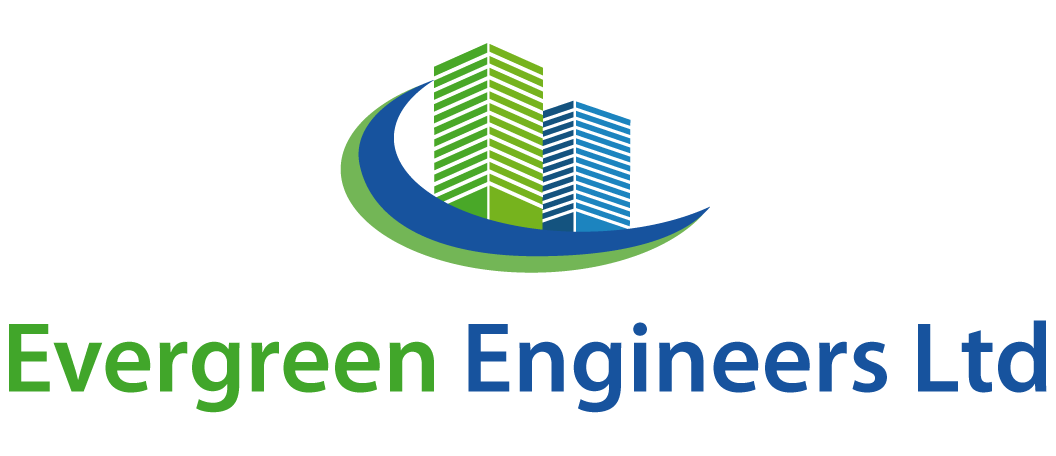When applying for British citizenship, one crucial aspect of the process is providing references from reputable individuals who can vouch for your character and suitability for citizenship. These individuals, known as referees, play a pivotal role in the Home Office’s assessment of your application. In this blog post, we will explore the criteria for selecting...
Author: admin
Unmasking the Unseen: A Deep Dive into Home Inspection Factors and Money-Saving Strategies
Embarking on the journey of home ownership is an exciting venture, but it comes with its own set of challenges, one of which is navigating the home inspection process. In this comprehensive guide, we will unveil the hidden factors of home inspection, shedding light on essential aspects that can impact your investment. By understanding these...
Exploring the Four Most Common Types of Property Inspections
Property inspections play a crucial role in the real estate industry, providing valuable insights into a property’s condition and potential issues. Whether you’re a homebuyer, seller, or investor, understanding the different types of property inspections is essential. In this blog post, we’ll delve into the four most common types of property inspections, shedding light on...
Navigating the Permitted Paid Engagement Visit Visa: A Comprehensive Guide
For individuals seeking to visit the United Kingdom for permitted paid engagements, the Permitted Paid Engagement (PPE) Visit Visa serves as a gateway to a unique category of travel. This comprehensive guide unravels the intricacies of the PPE Visit Visa, providing insights into its eligibility criteria, the application process, and the privileges it offers for...
Complications That Might Arise During UK Immigration Visa Process
The UK immigration visa process can be complex, and various complications may arise during different stages of the application. It’s essential for applicants to be aware of potential challenges to navigate the process effectively. Here are some complications that might arise during the UK immigration visa process: Documentary Requirements: Failure to provide accurate and complete...
Property Inspection & Deep Inspections
Property inspection is a critical process that involves a thorough examination of a property’s physical condition, structural elements, and overall functionality. It is typically conducted by professionals such as home inspectors, real estate agents, or property appraisers. Property inspections are crucial for both buyers and sellers in the real estate market, providing valuable information about...
Navigating British Citizenship: A Guide for Children Born Abroad
British citizenship laws have evolved over the years, reflecting the changing dynamics of a globalized world. For children born outside the United Kingdom, the acquisition of British citizenship involves navigating through a set of regulations and criteria. This blog post aims to shed light on the process, eligibility criteria, and considerations for parents seeking British...
Planning Your UK Spouse Visa Extension: When and How to Extend Your Stay
Extending your UK Spouse Visa is a crucial step in maintaining your legal status and continuing your life in the United Kingdom with your spouse. The timing for extension is vital, and understanding when and how to initiate the process is essential for a smooth transition. In this comprehensive guide, we’ll explore the factors influencing...
How To Prepare for A Property Inspection for Immigration?
When undergoing immigration processes, a property inspection is a crucial step to ensure that your living arrangements meet the requirements set by immigration authorities. Adequate preparation is essential to ensure a smooth inspection process and avoid potential delays in your immigration proceedings. In this comprehensive guide, we’ll walk you through the necessary steps on how...
Essential Steps for Skilled Workers Upon Arrival in the UK
If you are a skilled worker who has recently arrived in the United Kingdom, there are several essential steps to take to ensure a smooth transition and compliance with local regulations. From setting up essential services to understanding your rights, here are crucial steps to consider upon arrival: Register with the Local Authorities: Upon arrival,...







